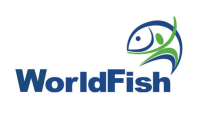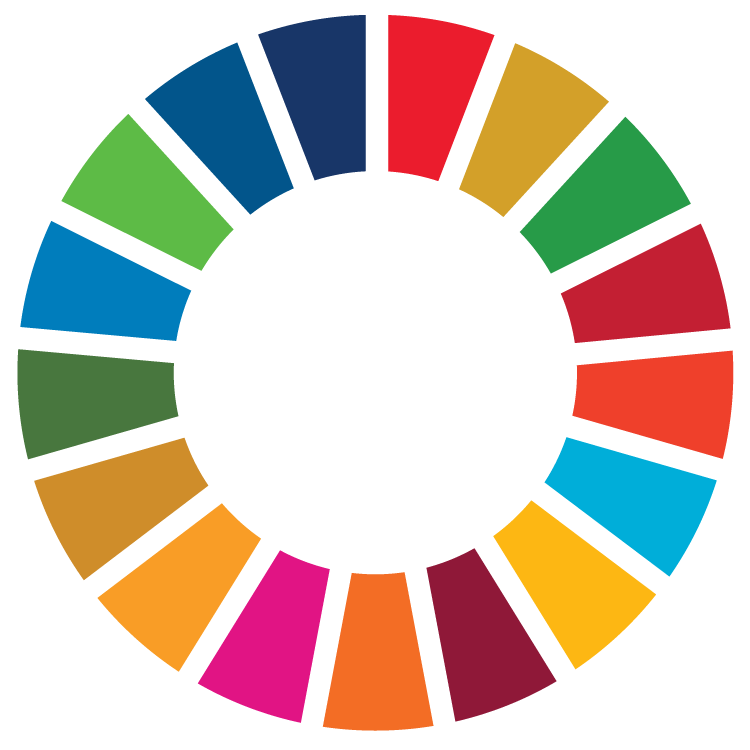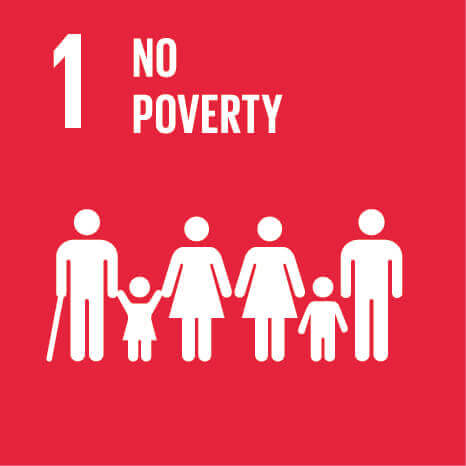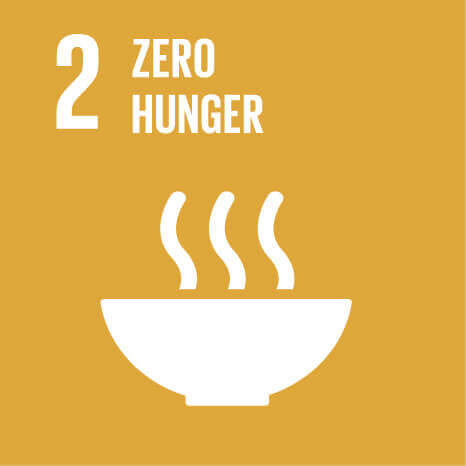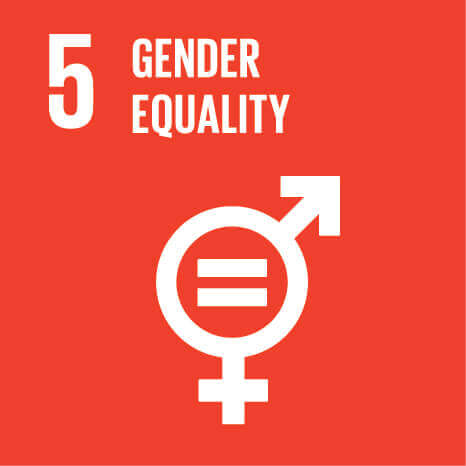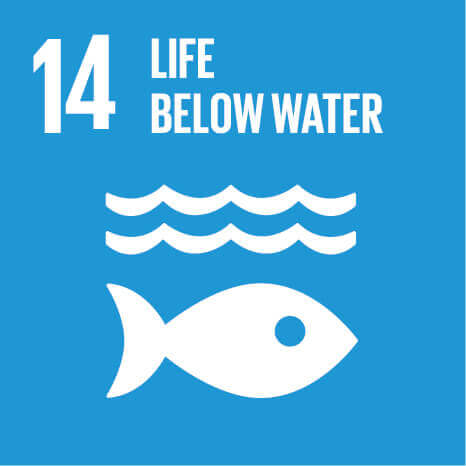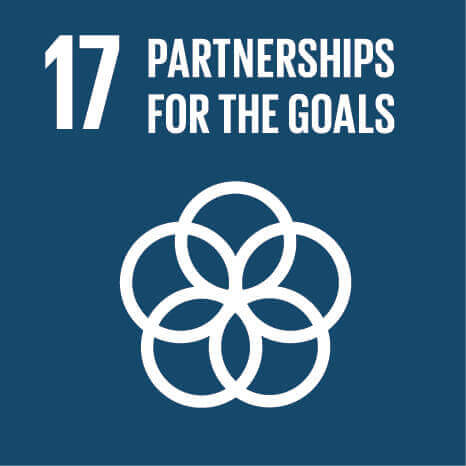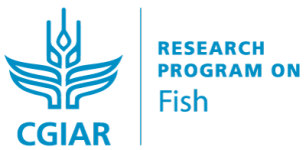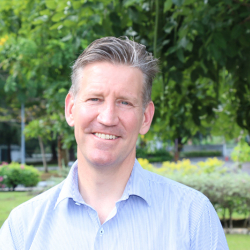Significant new investment in aquaculture to increase income, diversify diets, and empower women.
Published on: April 29, 2019, Submitted by David Shearer on: April 28, 2019, Reporting year: 2018
The FISH CRP and the Bill and Melinda Gates Foundation (BMGF) co-designed a new USD11.5m investment in aquaculture to increase income, diversify diets, and empower women in Bangladesh and Nigeria, two focal countries of the FISH CRP and two countries where the growth of aquaculture provides significant opportunities to enhance the income of smallholder families, the diets and nutrition of vulnerable women and children and the empowerment of women. This first engagement will generate learning for future investment decisions.
Test
The Bangladesh investment builds on the significant historical success of the FISH CRP and prior activities, and the emerging opportunities for expanding markets for sustainable aquaculture to increase fish supply, improve access to and consumption of fish and fish products among vulnerable groups, and to enable increased women's decision-making power and control over resources, assets and the income derived from fish farming and marketing. Partners of the FISH CRP will embed proven and emerging aquaculture technologies and production solutions, including carp-mola pond polyculture and rice-fish farming systems, by harnessing private and public-sector products, services and practices and conducive policies with the intention of sparking transformation of the aquaculture sector at scale. Private sector investment and policy change intends to enable scaling in ways that enable smallholders to achieve fish productivity gains, value chain improvements and inclusiveness that positively increase income and the nutrition of vulnerable women and children at scale.
The Bangladesh investment also focuses strongly on enabling development of Local Service Providers (LSPs), “front line” service providers selected from and by the community. The LSP model is a decentralized extension model whereby local actors (farmers, business owners, breeders, etc.) provide extension services (knowledge, technology transfer, products, etc.) to farmers. The investment intends to facilitate the emergence of professional LSPs and LSP organizations supporting smallholders to engage competitively in aquaculture production and value chains, facilitating the transition of the LSP to a private sector oriented model, supported by private partners and investors.
In Nigeria there is recognition that the potential for aquaculture to contribute more significantly to the country’s development goals. Nigeria is the second-largest aquaculture producer in Africa, with a high demand and preference for fish among many consumers. In Nigeria, the role and potential of aquaculture to achieve goals for smallholder income, dietary diversification, and women's empowerment have not yet been met. Building on scoping in 2017, the investment will draw on lessons from Bangladesh, and its global network of researchers and partnerships, to fill critical gaps that remain in the knowledge base in Nigeria to provide an evidence base from which informed future investment decisions can be made.
The investment also has a significant monitoring, evaluation and learning component. An internal monitoring and evaluation (M&E), including a modified Women's Empowerment in Agriculture (WEIA) approach for aquaculture is embedded within the project, to capture lessons and communicate these effectively.
The investment takes a market systems and consumer-led approach across five key intervention domains within the fish agri-food system, from fish supply to fish consumption. In Bangladesh, the outcomes are delivered through enhancing the supply of sustainably produced, diverse species of fish from small-scale producers who are engaged with market-based opportunities to increase the incomes for fish-producing households and other value chain actors as well as enhancing the role of fish as a nutritious, safe and affordable component of the diet. Focusing particularly on opportunities for women to benefit from increased supply of fish along the value chain, the approach is intended to foster women's empowerment and more equitable access to nutritious, safe and affordable diets within households. Partnerships will be strengthen with private sector businesses, investors and government to develop profitable value chains and transform local government policies to enable increased production (policies on quality seed and feed), to create an environment for private sector uptake (policies specific to small- and medium-enterprises, or SMEs), and to incorporate fish into nutritional improvement initiatives. At national level, lessons learned from this project intends to enable and contribute to policy change and partnerships that will affect change more broadly throughout Bangladesh.
In Nigeria, this investment intends to fill critical knowledge gaps to better understand the role of fish in Nigeria, and the extent to which aquaculture is and can better contribute to the strategic goals of improving smallholder incomes, dietary diversity, nutrition and empowerment of women. The nutrition-related outcomes will focus on understanding consumption by fish species and product, and how fish are used within the first 1000 days.
Specifically, the intended outcomes in Bangladesh are:
- Productivity of homestead fish production systems, including nutrition sensitive polyculture and rice-fish systems, is increased by 50% for 1 million smallholder households by 2022
- The value of fish and fish-based products marketed by 1M smallholder households increased by 2022
- Increased the quality, reach, efficiency, and sustainability of extension services in by 2022
- Improved access of nutrient-rich foods, including fish and fish products, for 2M women and young children by 2022
- Increased empowerment of up to 1 million women engaged in aquaculture production and fish value chains by 2022
The intended outcomes in Nigeria are to improved knowledge on fish in Nigeria being used to identify aquaculture investments that contribute to strategic goals of improving smallholder income, youth employment, nutrition and women's empowerment.
Stage of Maturity and Sphere of influence
-
Stage of Maturity: Stage 1
-
Contributions in sphere of influence:
Acknowledgement
This ivestement is undertaken as part of the CGIAR Research Program on Fish Agri-Food Systems (FISH).
Funding support for this work are provided by Bill & Melinda Gates Foundation.
Projects
-
IDEA - Aquaculture: increasing income, diversifying diets, and empowering women in Bangladesh and Nigeria
